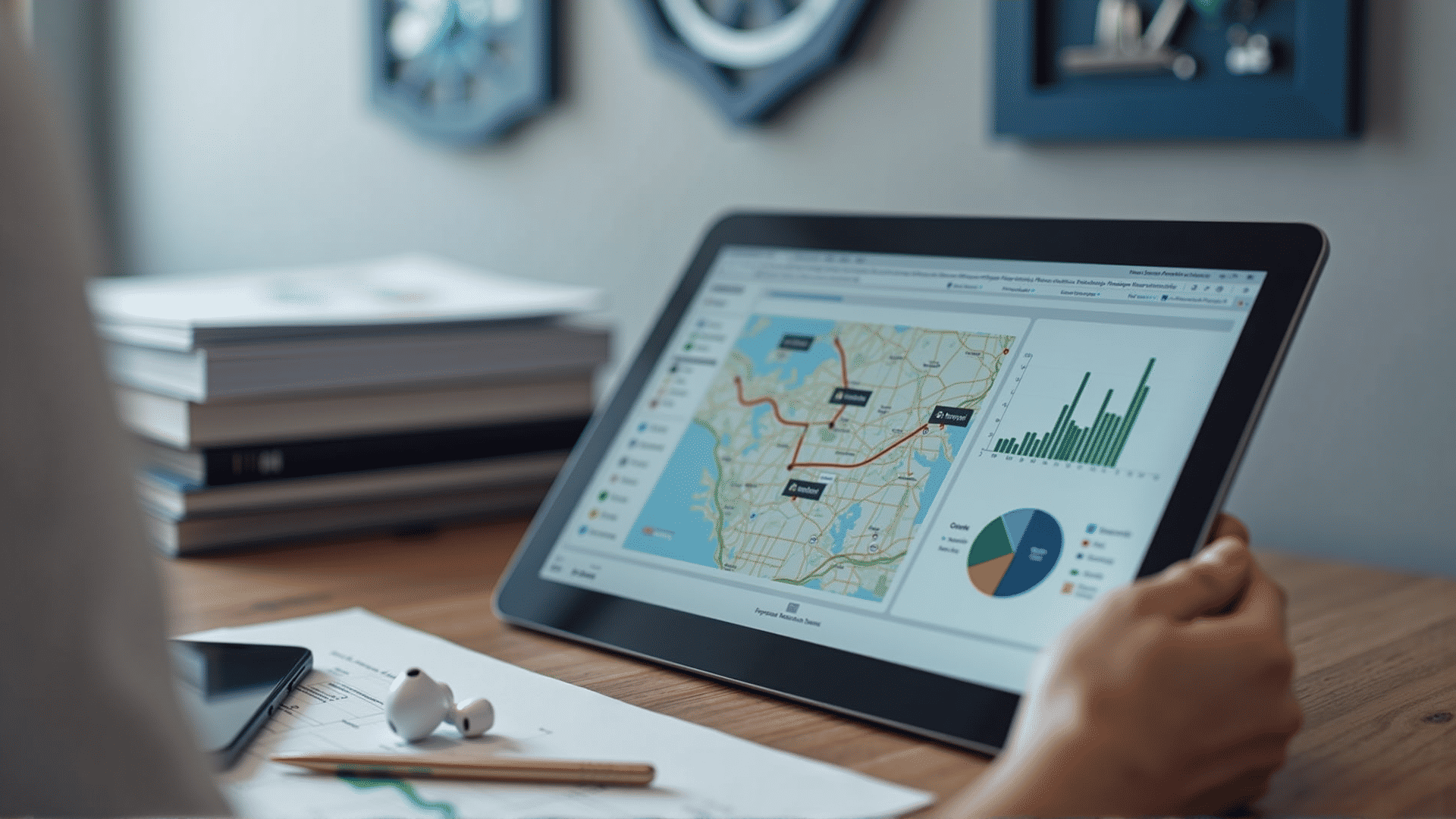In recent years, the real estate industry has witnessed a digital revolution, with technology playing an increasingly pivotal role in property appraisal. The age-old practice of property valuation has transformed dramatically, integrating cutting-edge digital tools that are reshaping the consulting landscape. Today, appraisers are leveraging technology to enhance accuracy, efficiency, and transparency in real estate assessments.
One of the most significant technological advancements in property appraisal is the use of Automated Valuation Models (AVMs). AVMs utilize algorithms and data analytics to assess property values by analyzing comparable sales, price trends, and property characteristics. These models provide rapid valuations and are incredibly useful for lenders and buyers looking to make informed decisions quickly. While AVMs are not intended to replace human appraisers, they offer a valuable point of reference and help streamline the appraisal process.
The introduction of Geographic Information Systems (GIS) technology has further revolutionized property appraisal. GIS provides appraisers with detailed spatial data, enhancing their ability to assess a property's location and its surrounding amenities. By visualizing factors such as proximity to schools, parks, and public transportation, appraisers can generate a more comprehensive understanding of a property's value. This spatial analysis capability enables a more nuanced appraisal that reflects the true value of a property in its geographical context.
Drone technology is another innovation that has become indispensable in modern property appraisal. Drones can capture high-resolution aerial imagery, providing appraisers with a unique perspective of properties and their surroundings. This imagery is particularly beneficial for appraising large estates or properties with challenging terrains. It allows for accurate assessments of a property's condition and features without the need for physical presence, saving time and resources.
Digital platforms and software solutions have greatly enhanced the efficiency of the appraisal process. Appraisers now use software to gather, process, and analyze data, which significantly reduces the time required for completing appraisals. These platforms often come with features such as report templates, data integration, and communication tools, facilitating seamless collaboration among appraisers, clients, and other stakeholders. This increased efficiency not only accelerates the appraisal process but also reduces the likelihood of human errors.
Furthermore, blockchain technology is gaining traction as a means of ensuring transparency and security in property transactions. By recording data on an immutable ledger, blockchain provides a secure method for storing property information, including title deeds, transaction records, and appraisal data. This transparency reduces the risk of fraud and enhances trust between parties involved in property transactions.
As these technologies continue to evolve, the role of the appraiser is also changing. Modern appraisers are becoming more like data analysts, interpreting and synthesizing information from various digital sources to provide a holistic view of a property's value. This shift requires appraisers to develop new skills, including data literacy and an understanding of the latest digital tools.
In conclusion, technology is playing a transformative role in modern property appraisal, bringing about greater accuracy, efficiency, and transparency. By embracing digital tools such as AVMs, GIS, drones, and blockchain, the appraisal industry is poised to enhance the way properties are valued. As technology continues to advance, appraisers who adapt and integrate these innovations will deliver even greater value and insight to their clients, redefining the future of real estate assessment.
